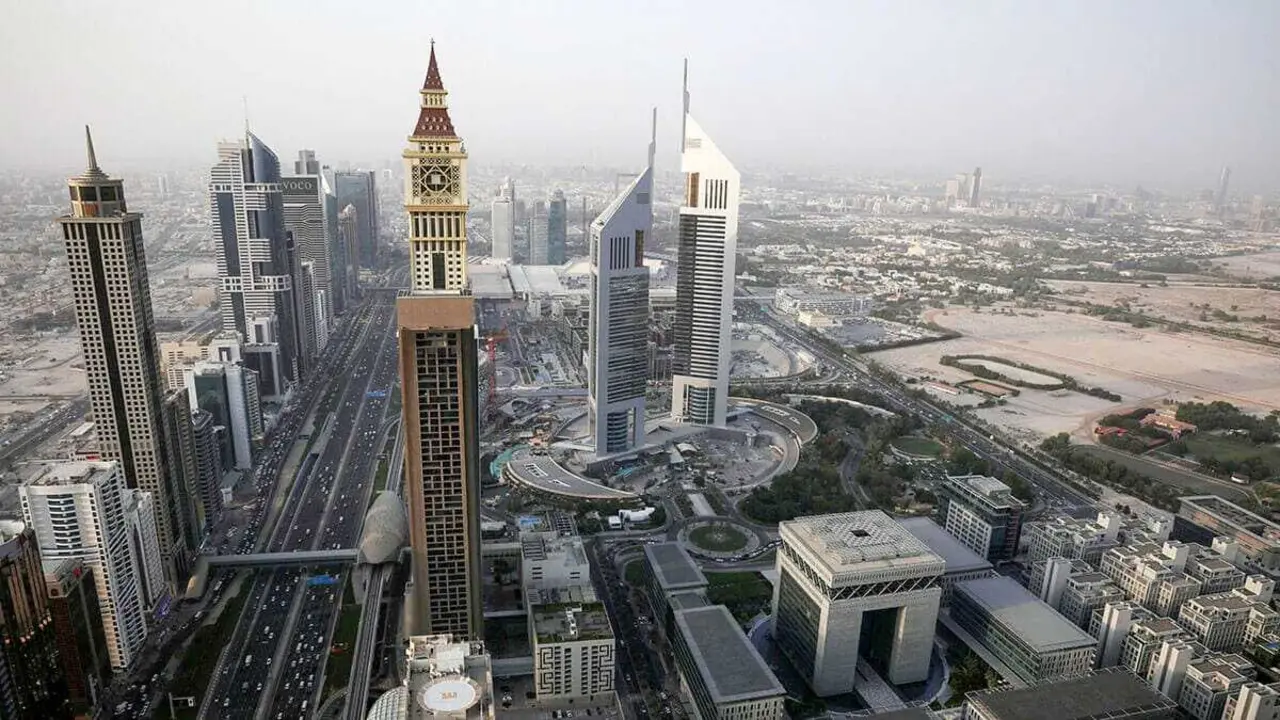What is the relevance of the Turkish-led boycott of French products?

It has now been more than two weeks since the tension between France and several Muslim-majority countries escalated. Statements by political leaders in Pakistan, Iran and Turkey, as well as announcements by food distributors to remove French products from the shelves in Kuwait, Qatar and Jordan, have only fanned the flames.
The beginning of the current tension lies in the assassination of the French teacher Samuel Paty by a young radicalised Islamist of 18 years of age, after showing cartoons of Mohammed in one of his classes. This gave rise to the two poles of the dispute: Emmanuel Macron, on the one hand, alluding to freedom of expression, and, on the other, the aforementioned countries condemning the dissemination of caricatures of their prophet for blaspheming Islam. The leaders of these countries have thus encouraged people not to buy French products.
The boycott has been led mainly by Turkey and followed in the streets of several countries such as Indonesia, Libya and Bangladesh, among others. The latter brought together over 35,000 Islamists from the fundamentalist group Hefazat-e-Islam on Monday 2 November.
However, we at Atalayar wanted to ask ourselves how important a possible boycott of French imports into these Middle Eastern and Asian countries would be and how harmful it might be to the French economy or to its own.

As we mentioned earlier, Turkey has been the main driving force behind the boycott of French products. But what is the relevance of each of the two economies in the other?
The European Union (EU) is Ankara's main partner: it accounts for 43.22 per cent of Turkey's total exports and 31.79 per cent of its imports. Germany is the European country from which it receives most imports and France the third largest. However, the latter drops to eighth place if other non-EU countries are counted. The main French products present in Turkey, for 2018 data, were related to the transport, machinery and electricity sectors. Thus, French imports into Turkey totalled $7 billion, or 3.32 per cent of total imports.

In contrast, if we look at France, the importance of Turkey in its economy is much lower. Although the Turkish economy is 3.32% dependent on French products, France is less so: 1.24% of total imports into the European country. France, like Turkey, has its focus on Europe and its main partner, Germany, although with a higher dependence, around 60%.
However, the point to be highlighted here lies in Turkey's greater dependence on France than vice versa. Even so, this is the particular case of Turkey and, despite being the country that has exerted most pressure in the direction of boycotting French products, it is not the only one. Let us now analyse the group of nations located in North Africa and the Middle East, the region with the highest concentration of Muslim-majority countries.

If the focus were again on imports from this region, Europe and Central Asia would be in a privileged position with a total volume of 255 billion dollars. The case in point here is France's importance in the region and, on the import side, France is the ninth largest supplier to the region. The situation is also favourable for France in this case as the region imports more than it exports to the European country.
Thus, this group of economies is generally dependent on certain French products which are mostly based on machinery and electricity, chemicals and transport, as reported by the World Bank.

What we are trying to convey here is the greater impact it can have on economies in the Muslim world compared to the impact on France. Even so, the region is a market of some 550 million people and French employers do not wish to forego this magnitude, as it is the fourth region where their exports end. In this regard, the employers' association expressed its concern and support for Macron, as well as asking French companies to resist the boycott, according to EFE on October 26.
What is remarkable about the data collected from the North African region and the Middle East is the closeness between France and Turkey. Of the former, it is known that for 2018 data it imported 25 billion dollars’ worth of goods and services, while the latter 22 billion. Thus ensuring 9th and 10th place respectively.
Ankara's influence in recent times has increased in neighbouring and regional countries. President Recep Tayyip Erdogan's policy of taking part in military incursions into countries such as Iraq (2008, 2015), Syria (2016, 2017 and 2018) and Libya (2019), in addition to his wish to create military bases in the Gulf and Africa, may explain the current confrontation with Paris. Therefore, if the boycott were effective in all the Muslim-majority countries, France's influence would fall, thereby increasing that of Ankara.

However, nothing can be guaranteed. And even more so with the latest statements made by the foreign minister of the United Arab Emirates (UAE), Anwar Gargash. "You have to listen to what Macron really said in his speech: he does not want ghettoisation of Muslims in the West and he is absolutely right," he stated in an interview with the German newspaper Die Welt. Other countries such as Mauritania and Morocco, both of which have a strong French presence in their commercial transactions-more so than the former-have shown their indignation and criticism of the actions taken but without mentioning France or promoting a boycott of its products.
Thus, there is a whole range of responses that make it difficult to see what to expect from the current tensions. It should not be forgotten that no restrictions have been imposed by the governments of any country on French products. There is only talk of a boycott by citizens. However, one cannot underestimate the power of consumers and business people as a whole and the effect they may eventually have on French imports.








